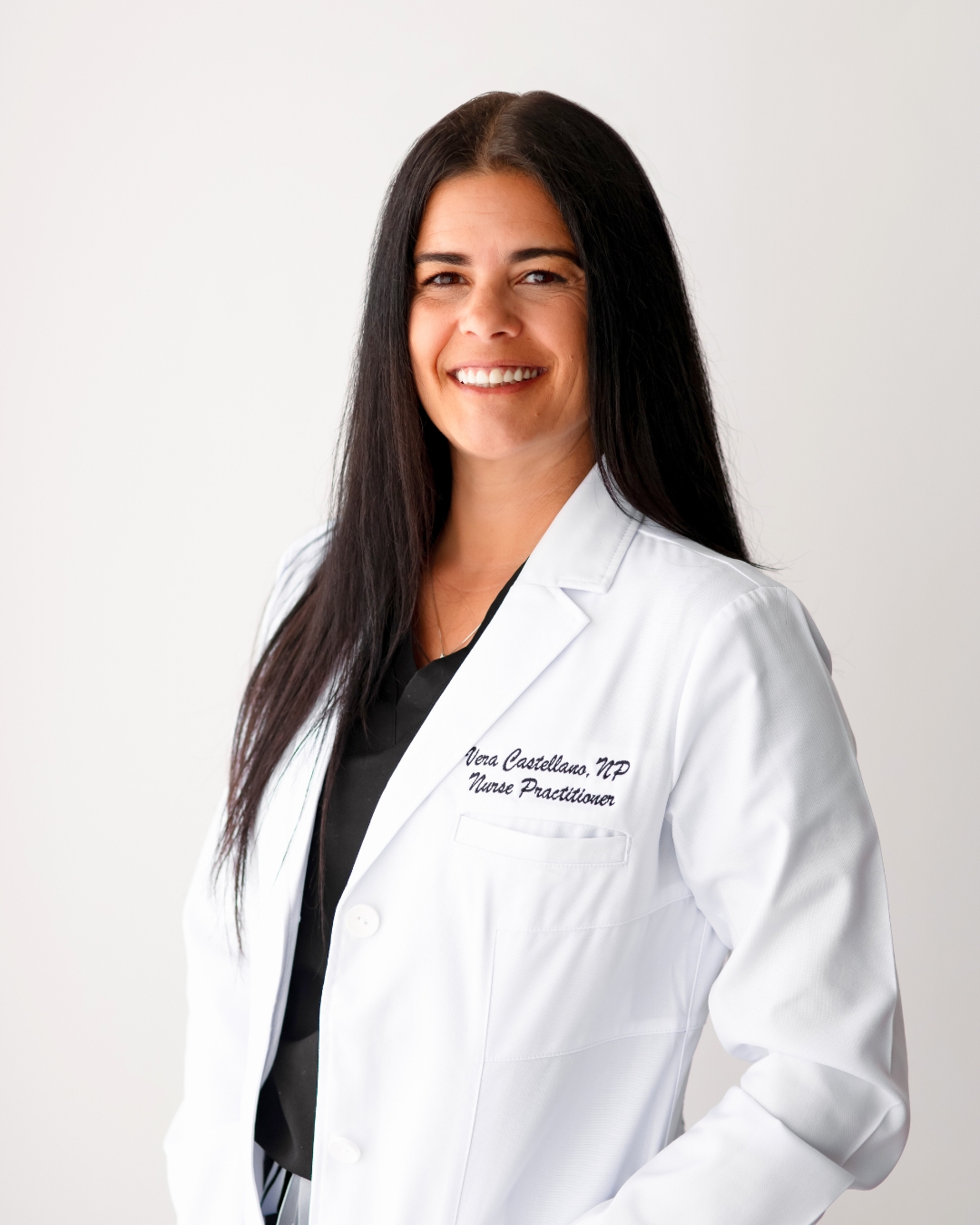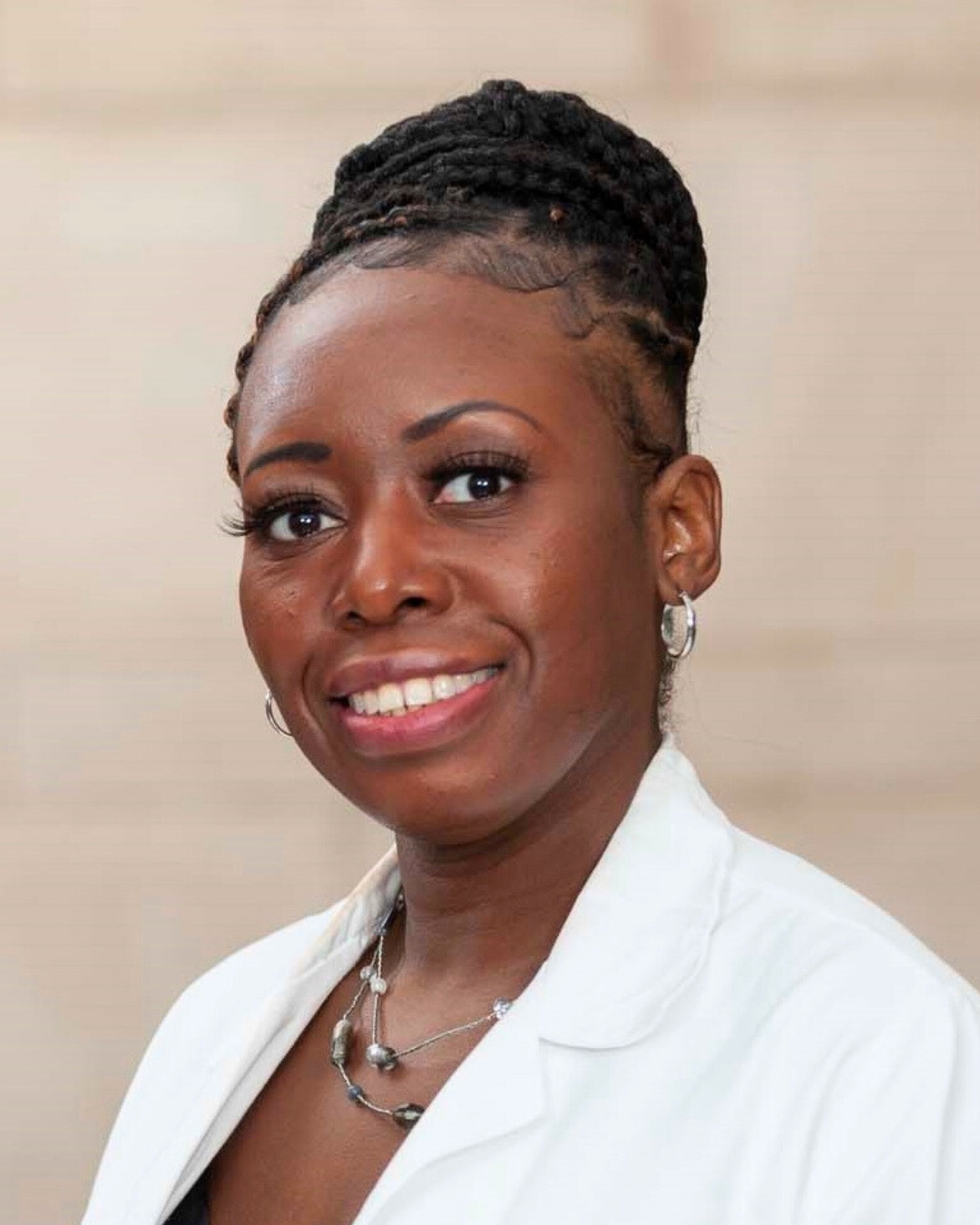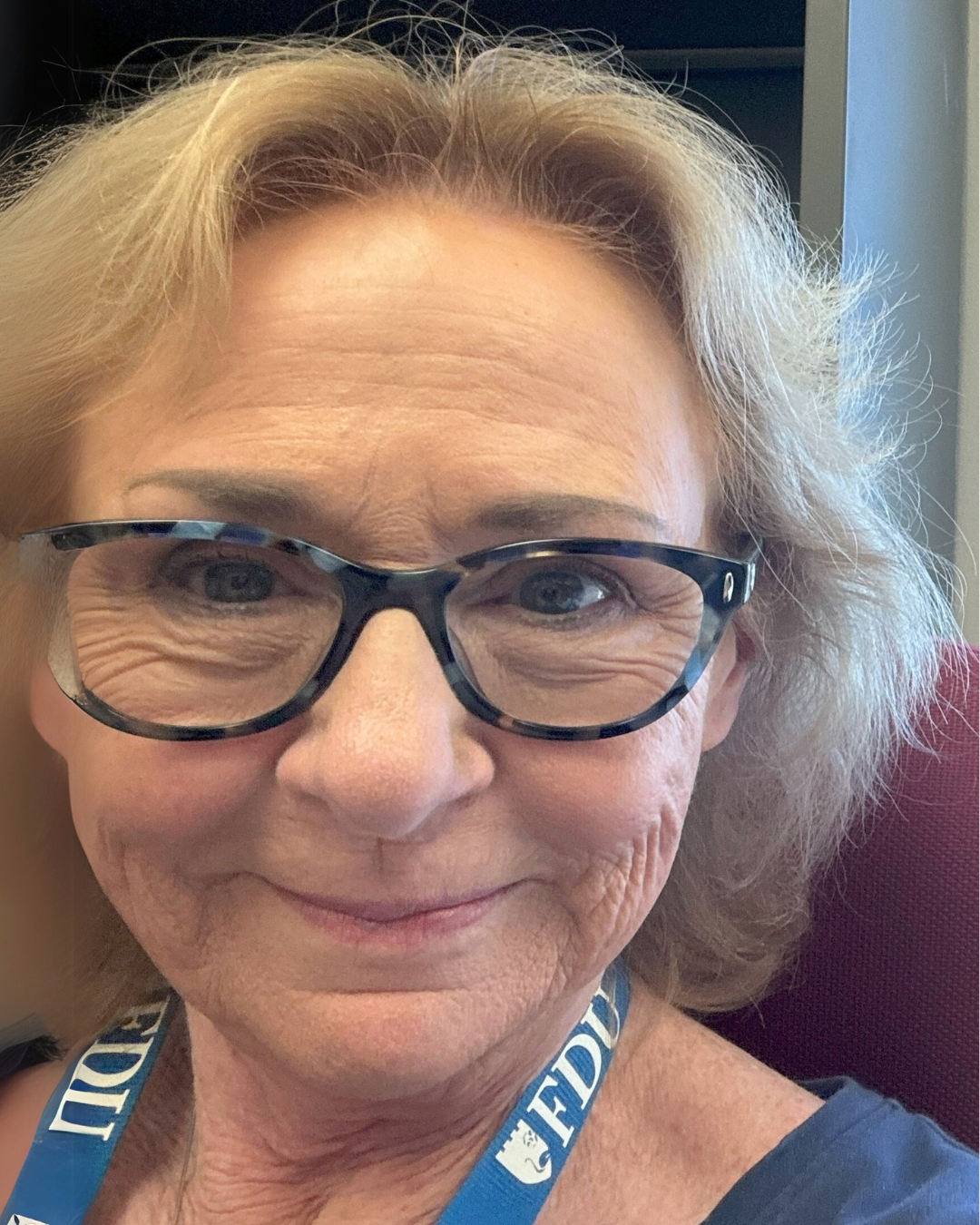Meet the new faculty in the Henry P. Becton School of Nursing and Allied Health
Time to meet several of the new faculty members in the Henry P. Becton School of Nursing and Allied Health!

FDU: How did a failure, or a seeming failure, lead you to future success?
Vera Castellano: A failure, or a seeming failure, can often be a catalyst for growth and future success. Early in my career, I encountered a challenging patient care situation that didn’t go as expected. Initially, it felt like a failure, but it taught me to critically reflect on my decision-making and approach to patient care. Now, as a nurse practitioner, this strengthened clinical judgment has become one of my most valuable tools. It allows me to navigate complex cases with greater confidence, ensuring that even when things don’t go as planned, you have the experience to adapt and respond effectively.
FDU: What is your favorite childhood memory?
VC: One of my favorite childhood memories is when I would take care of my younger siblings, who are 11 and 13 years younger than me. I loved teaching them how to do simple tasks, like tying their shoes or reading a book, while also looking after their needs, whether it was helping them with a scraped knee or comforting them when they were upset. These early moments of caregiving and teaching instilled in me a passion for nursing and a desire to help others learn, shaping my path into the health care field.
FDU: What brought you to FDU?
VC: My journey to FDU stems from my passion for both nursing and education. With 12 years of experience as a nurse, educator, and nurse practitioner, I wanted to further advance my skills and leadership abilities by pursuing a DNP. FDU’s strong academic reputation and commitment to nurturing future healthcare leaders drew me in, and it has also inspired me to teach the next generation of nurses.

FDU: As the Adult Gerontology Primary Care Track Director, what do you want students to take away from the program?
Sincere McMillan: It is important to me that all students understand their role as a nurse practitioner. Not only will they be tasked with providing exceptional, evidence-based care for their patients, but also, they must embrace their role as a patient advocate, educator, mentor to colleagues, and interprofessional team member. Particularly, for students who are studying to become adult gerontology nurse practitioners, I hope to convey to them:
The heterogeneity within the older adult population: While we all age, we do not age the same. Looking at a patient’s chronological age alone is insufficient to determine a person’s fitness level and it should not be the only indicator a clinician uses to determine an appropriate treatment plan. Adult gerontology students must look at the whole person, including the patient’s function, cognition, and social supports in order to provide the best care.
The importance of shared decision making: Nurse practitioners must partner with their patients to ensure that their voices are heard throughout the care trajectory. I want students to understand that they must stay focused on quality of life and individualized goal setting with their patients.
Your care is needed: As the country’s population ages, we will need more clinicians who are skilled in the care of the older adult. You are entering the profession at one of the most pivotal times in recent history. It is my goal to prepare students to practice to the full extent of their education and training. While I want all students to embrace the technological advances that are the future of medicine, I do not want them to forget the art of what we do which includes showing compassion, actively listening, and conveying empathy.
FDU: What would the title of your autobiography be?
SM: I hope it would be something like “Sincere: The Woman Who Lived Up to Her Name.”
FDU: What brought you to FDU?
SM: I came to FDU with a colleague in 2023. What attracted me to the School of Nursing and Allied Health is its mission to empower future clinicians to excel within the global community and to provide care to an increasingly diverse population. The student population at FDU reflects our nation and it gives me great satisfaction to know that in some small way, I am contributing to the next generation of nurses who will change the face of health care.

FDU: What are you working on right now?
Kathy Smith-Wenning: In addition to writing the respiratory therapy program’s curriculum, my outside research is in cross-cultural health practices and beliefs among the Zapotec of Oaxaca, Mexico, and here in N.J. I am studying the application of ethnobotanicals with Martha Cerna in Oaxaca.
FDU: If you were stuck on a deserted island, what is the one book that you absolutely must have with you?
KSW: Tracy Kidder’s, Mountains Beyond Mountains. This book centers on the early work of medical anthropologist and physician Paul Farmer. It is a study of tenacity and grit (which I will need on a deserted island with few options!). When faced with insurmountable odds in treating highly resistant tuberculosis and HIV in Haiti and Peru, Farmer finds a way to bring treatment to the profoundly poor.
Another absolute favorite, which I read over the summer and think about often: Kristin Hannah’s, The Women, which tells the story of combat nurses during the Vietnam War. It had such a profound impact on me that I visited the Women’s Vietnam Memorial in Washington, D.C., this summer.
FDU: What brought you to FDU?
KSW: I was hired to open the new program in respiratory therapy. We hope (pending accreditation) to welcome our first class of respiratory therapy students in September 2025. My work at FDU is writing the syllabi and program policies. I also teach several health studies courses: Social Determinants of Health, Population Health, and Health Studies Practicum. My work as an applied medical anthropologist and licensed respiratory therapist has prepared me to teach these courses.